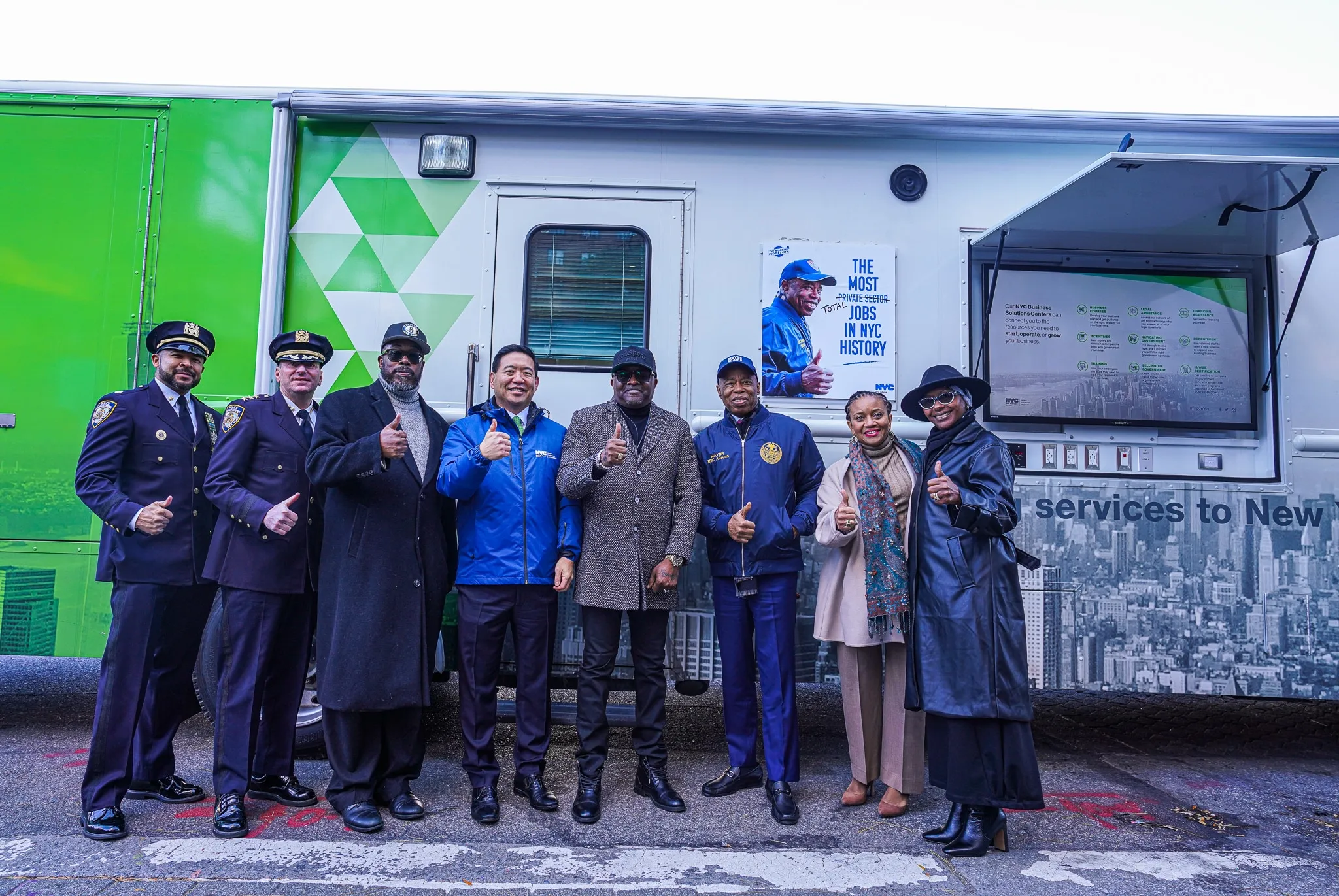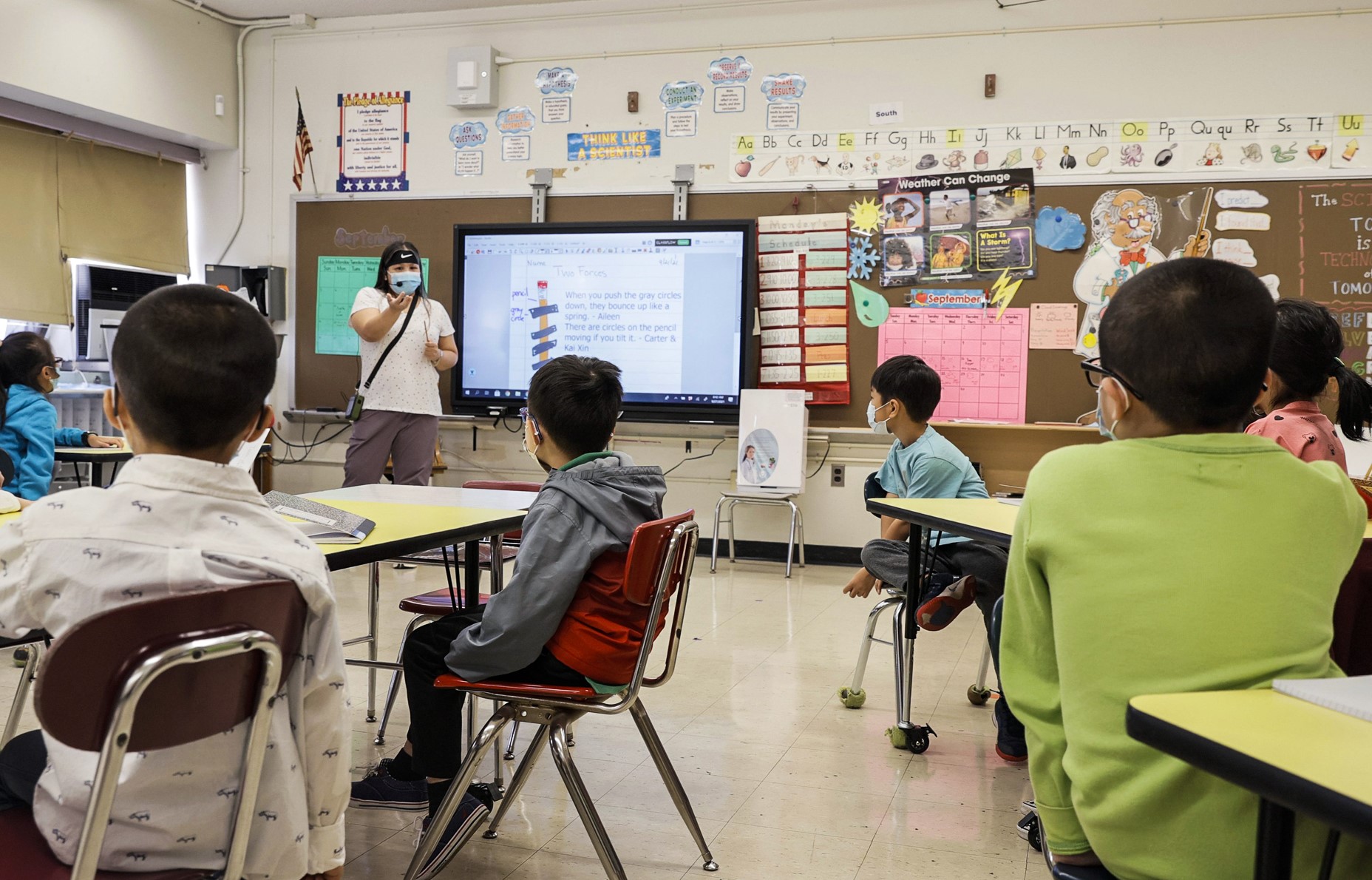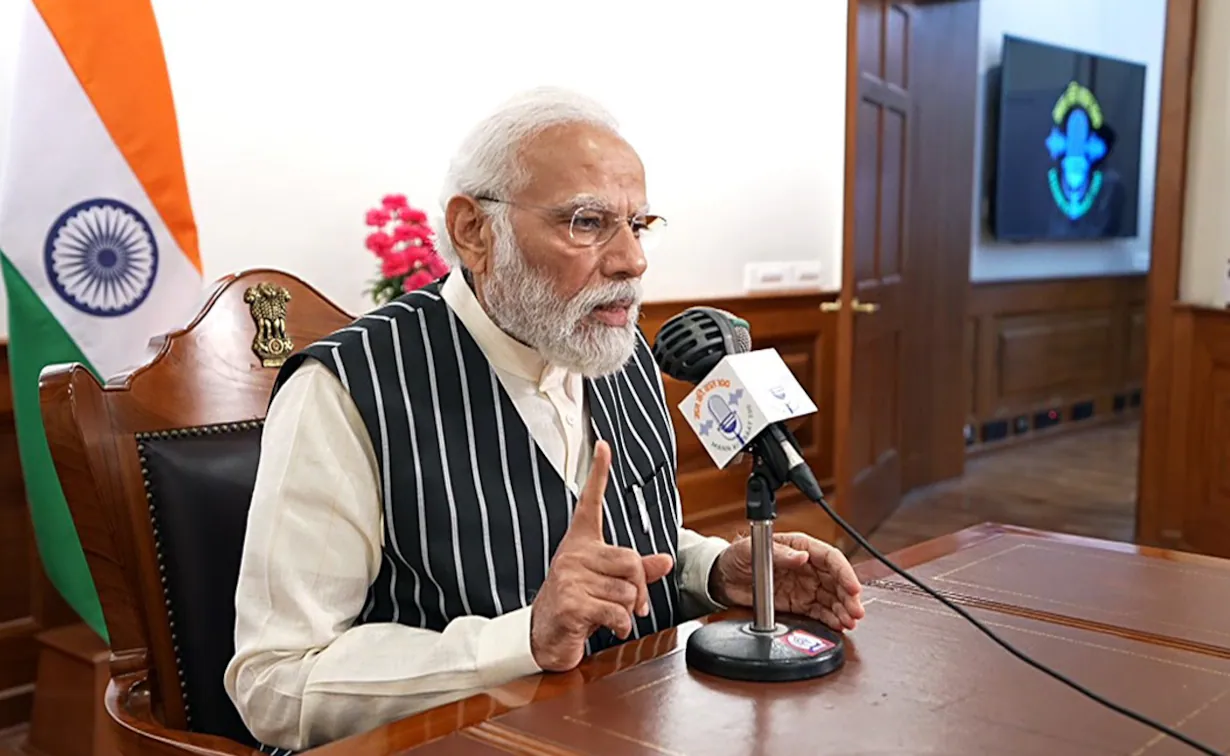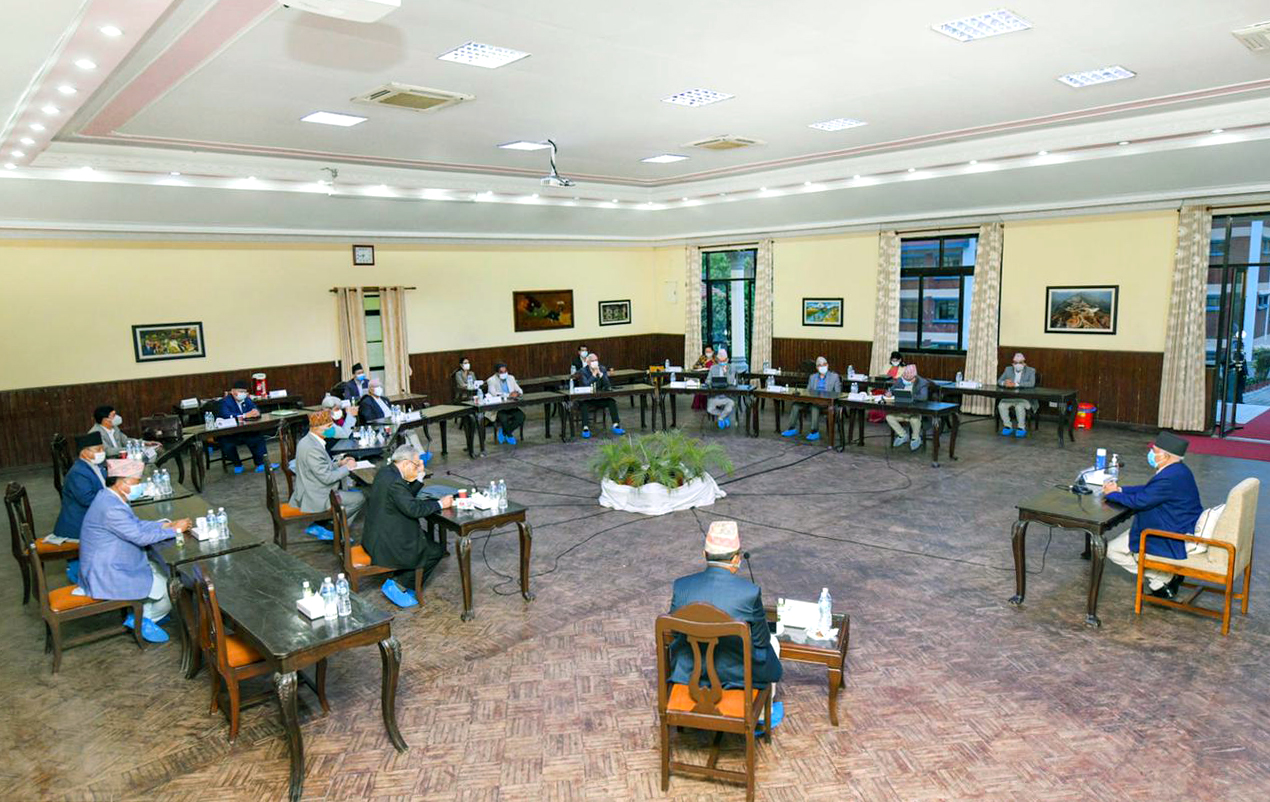Dr. Dhrubajyoti Bhattacharjee
The Indian Foreign Secretary Vinay Kwatra visited Dhaka from 8–9 May. He was the first high-level Indian official to visit Bangladesh after the election of Prime Minister Sheikh Hasina’s new government in January 2024. As Bangladesh remains a principal pillar of India’s “Neighborhood First Policy”, this visit was important and is accorded high priority in strengthening existing bilateral ties.
During the visit, FS Kwatra met Prime Minister Hasina, Foreign Minister Hasan Mahmud, and his counterpart, Foreign Secretary Masud Bin Momen. FS Kwatra forwarded an official invitation for PM Hasina to visit New Delhi.
FS Momen stated that the visit of FS Kwatra was primarily to invite Prime Minister Sheikh Hasina to New Delhi. It should be noted that Prime Minister Hasina has also been officially invited to visit China. As parliamentary elections are ongoing in India, dates will be finalized once the elections are over and a new government is formed in New Delhi. When asked by reporters when PM Hasina will be visiting Beijing and New Delhi, Foreign Minister Mahmud, evading a direct reply, stated that New Delhi is geographically closer to Dhaka than Beijing.
During the discussions with his counterpart, FS Kwatra proposed projects on the River Teesta. Discussions were also held on the unfortunate loss of lives of innocent citizens in cross-border firing, the need to ease the issuance of Indian visas for businessmen and in health tourism, and cooperating in the development of the Matarbari deep sea port in Maheshkhali Upazila of Cox’s Bazar District, Bangladesh.
Both FS Kwatra and FS Momen reviewed India-Bangladesh ties, encompassing issues related to political and security matters, water, and strengthening in the sectors of defense, trade and investments, power and energy, connectivity and sub-regional cooperation.
Bangladesh plans to dredge and develop its section of the Teesta River, a $1 billion Teesta River Comprehensive Management and Restoration project. It is scheduled to be built near the Siliguri Corridor, also called the “chicken’s neck”, which remains strategically important for India. China has been aspiring to be part of this project and has already submitted a proposal. FS Kwatra, during this visit, expressed India’s interest in financing this project. As a responsible and reliable development partner, India proposes to share responsibilities per the needs of the Bangladesh government. Foreign Minister Mahmud hoped that after the formation of a new government in India, there would be a positive discussion on water sharing agreements on the Teesta River, which has been held up since 2011, and the renewal of the 1996 Ganges Water Sharing Treaty.
While having discussions with FM Mahmud and FS Momen, FS Kwatra emphasized the need for Bangladeshi exports to India. FS Momen stated that there is significant scope for Indian participation in the development of the Matarbari deep-sea port, as it will significantly accentuate the trade volume from the port. He mentioned that this port might act as a trade facilitator not only for the northeastern states of India but will also majorly benefit Nepal and Bhutan economically. He further stated that the port is being developed with the assistance of the Japan International Cooperation Agency (JICA), and the participation of India in the project will strengthen trilateral cooperation.
There have also been reports that Bangladeshi businessmen and people in need of medical assistance are facing problems obtaining Indian visas. During the visit, both sides reiterated the need to ease the issuance of visas for smooth people-to-people contact. FS Momen did mention that, though the process of obtaining Indian visas has become simpler and faster due to the volume of applications, there is further scope for easing the issuance of visas. FS Kwatra stated that the Indian High Commission has increased and strengthened its staff for the resolution of the problem, which he hoped to be resolved in the forthcoming months.
About the unfortunate loss of innocent lives of citizens in cross-border firing to curb smuggling and animal trafficking, discussions between the two officials stressed the increased exchange of information between the border forces of India and Bangladesh, the Indian Border Security Force (BSF) and the Bangladeshi Rifles (BDR), which FS Momen stressed on the use of non-lethal weapons during such raids.
Any visit between the officials between India and Bangladesh is given significant importance, and similarly, FS Kwatra’s visit was also given much attention, as it is an important visit, charting the path of Prime Minister Hasina’s visit to New Delhi in the forthcoming months.
*****
Dr. Dhrubajyoti Bhattacharjee is a Research Fellow at the Indian Council of World Affairs, New Delhi. The views expressed are personal.
This article first appeared on the website (www.icwa.in) of Indian Council of World Affairs, New Delhi, on May 14, 2024


























